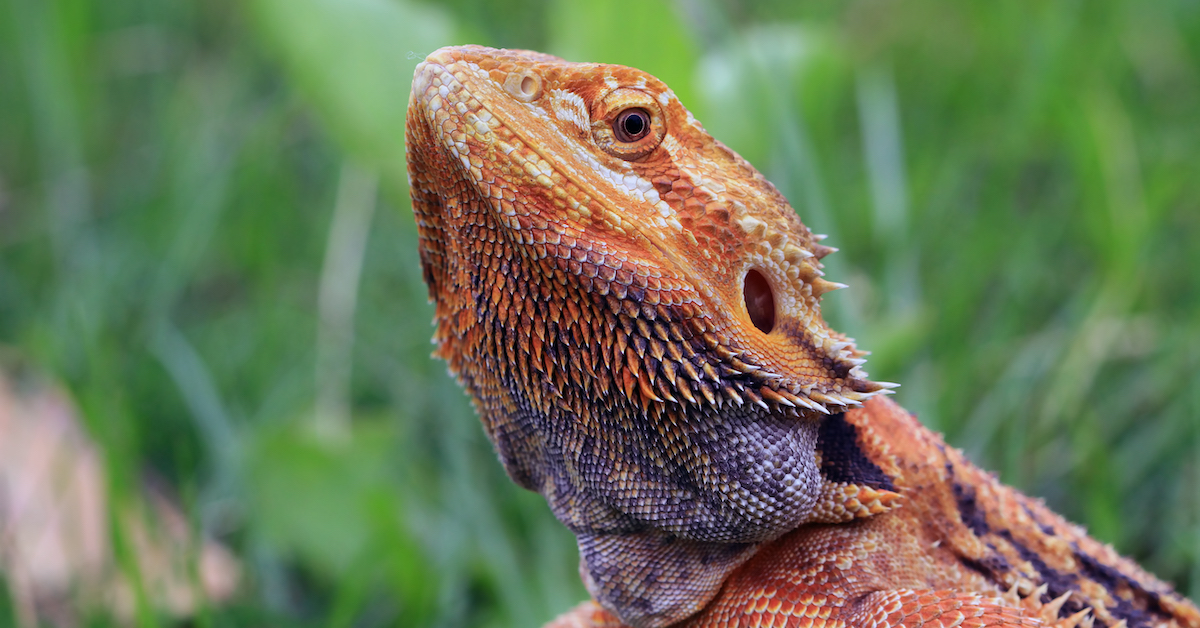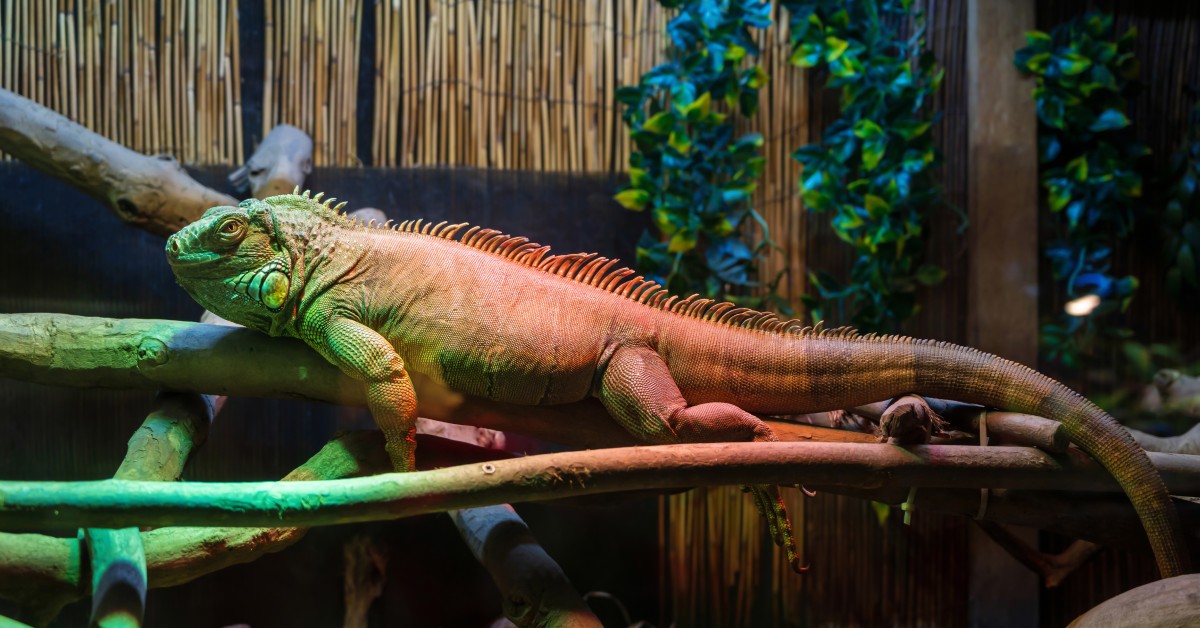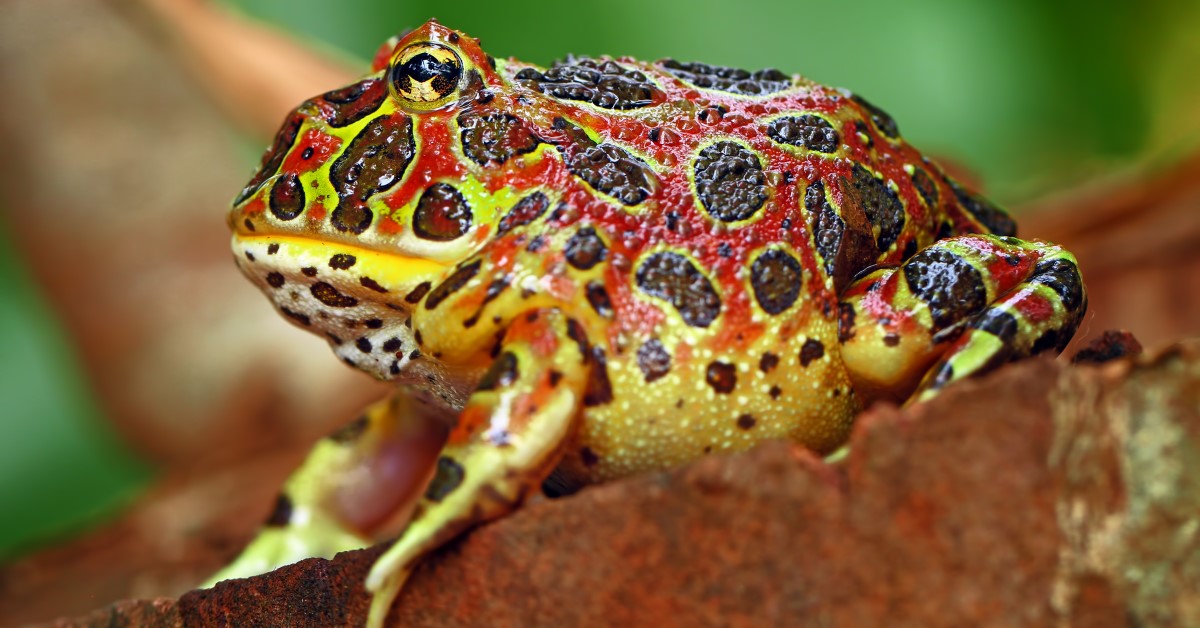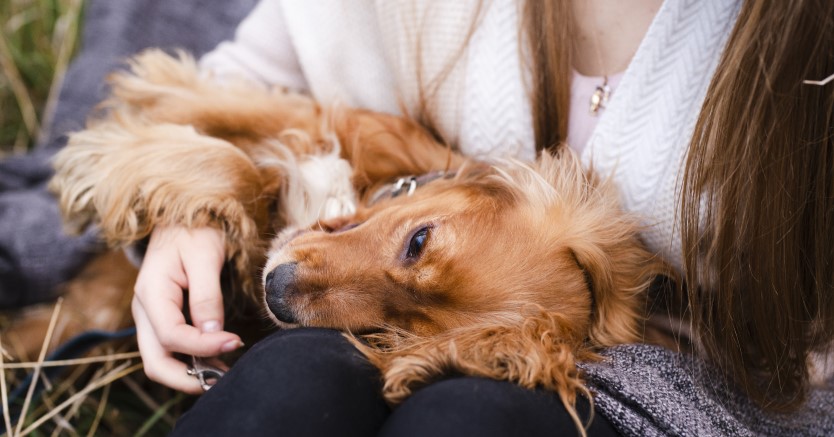What Do Bearded Dragons Eat?
Bearded dragons have a diverse diet that includes greens, fruits, vegetables, and some live food.

Bearded dragons, affectionately referred to as “beardies,” are one of the most popular lizards kept as pets. These friendly reptiles are often recommended for beginners as they are docile and fairly low maintenance. With proper care, bearded dragons can live an average of 10 to 15 years.
If you are planning on getting a bearded dragon, it’s important to understand its needs. Bearded dragons require a safe enclosure that replicates their natural habitat. They also need ultraviolet light to maintain good health, and substrate to line the floor of the habitat.
Most importantly, you’ll need to provide your new pet with a healthy diet. The enclosure should contain a dish that provides your bearded dragon with constant access to fresh water. It should also have a dish that you can fill with a variety of foods and treats. As bearded dragons are omnivores, they eat both meat and plants.
Here’s a look at some of the best things to feed your bearded dragon to keep your pet happy and healthy.
Live Insects
Bearded dragons love to nibble on live insects. You can choose to raise these bugs yourself or purchase them from your local pet store. Reptiles Magazine recommends feeding your beardie as many bugs as it can eat within a 15-minute timeframe. Once time is up, collect any uneaten bugs and save them for the next feeding.
Some of the best live insects to feed a bearded dragon include:
- Grasshoppers
- Crickets
- Earthworms
- King worms
- Superworms
- Silkworms
- Hornworms
- Phoenix worms
- Butter worms
- Mealworms
- Wax worms
- Redworms
- Slugs
- Dubia roaches
- Cockroaches
- Moths
- Spiders
- Locusts
- Black solder fly larvae
Greens and Vegetables
Approximately 80 to 90 percent of the plant material that you feed your bearded dragon should be greens and vegetables, according to VCA Animal Hospitals. Dark leafy greens are a healthy food for beardies and should make up a majority of the lizard’s vegetable content. Avoid light greens as they are often nutrient-poor and high in fiber.
Bearded dragons can eat both raw and cooked vegetables. However, raw vegetables are recommended as they contain more nutrients than cooked vegetables. There are many different types of vegetables that beardies can safely eat, such as cabbage, kale, and mustard greens.
Other examples of vegetables that are safe to feed to bearded dragons include:
- Green beans
- Watercress
- Asparagus
- Sprouts
- Okra
- Parsley
- Sweet potato
- Broccoli
- Zucchini
- Collard greens
- Hibiscus
- Turnip greens
- Pumpkin
- Swiss chard
- Cooked lentils
- Peas
- Celery
- Parsnips
- Bell peppers
Fruits
Many bearded dragons enjoy the occasional piece of sweet fruit. Fresh fruits should make up about 10 to 20 percent of your pet’s diet, according to VCA Animal Hospitals. Remember to always wash fruit before feeding it to your bearded dragon. Fruits can also go bad quickly so be sure that it is safe to eat before serving them to your beardie.
Here are some of the fruits that your bearded dragon can eat:
- Blueberries
- Strawberries
- Pears
- Grapefruit
- Bananas
- Watermelon
- Raspberries
- Figs
- Melons
- Apricots
- Pineapples
- Nectarines
- Plums
- Mangoes
- Star fruit
- Papayas
- Raisins
- Kiwis
- Prunes
- Tomatoes
- Dates
- Cherries
- Apples
- Cranberries
Prepared Diets
There are a wide variety of pellet foods on the market designed exclusively for bearded dragons. It is often recommended to slightly moisten these pellets with water to make them easier to eat and digest. Pellets can be offered to beardies daily as commercial foods add instant variety to your pet’s diet.
When buying prepared foods for bearded dragons, take the time to closely examine the nutritional label. Many brands of pellets contain high amounts of protein which are great for juvenile lizards. However, adult beardies should stick with low-protein commercial foods.
Vitamins and Supplements
Bearded dragons require certain vitamins and supplements to maintain optimal health. Juveniles tend to need more of these vitamins compared to adult bearded dragons. About four to five times per week, dust your beardie’s food with a calcium/Vitamin D3 powder. Adults require a dusting of this powder about two to three times per week.
Multivitamins can also be given to bearded dragons. Dust your beardie’s food with a multivitamin about once a week for juveniles and about two times a month for adults. If you are concerned about your beardie’s health, speak with your veterinarian about increasing the vitamins and supplements you give to your pet.
What Not to Feed a Bearded Dragon
Just as important as knowing what foods to feed your bearded dragon it is just as important to know what foods not to feed it. Some foods are simply not healthy for beardies, while others can be downright dangerous if your lizard ingests them.
Some foods to avoid feeding to your bearded dragon include:
- Avocados
- Lettuce
- Horse chestnut
- Scorpions
- Wasps
- Bees
- Poppies
- Ivy
- Fish
- Seafood
- Daffodil
- Elder bugs
- Poppies
- Fireflies
- Lightning bugs
- Crocus
- Rhubarb
- Buttercup
If your bearded dragon accidentally ingests any of the above off-limit foods, contact your veterinarian. You should also consult with your vet if your beardie stops eating or gets sick. If you are unsure if a certain food is harmful to your pet, avoid feeding it to your bearded dragon until you receive confirmation from your vet.
Keeping Your Bearded Dragon Healthy
Diet plays a critical role in keeping your bearded dragon happy and healthy. Nutritional foods will also help keep your beardie’s coloring vibrant, increase its activity level, and help maximize its lifespan. With a good diet and the proper supplements, your bearded dragon can maintain a high quality of life.
Ready to start saving money on pet wellness care?
Then take a look at Mint Wellness, the pet wellness plan that provides fast reimbursement on routine pet care. Save on vaccinations, wellness exams, preventatives, dental, and more!
Learn More


